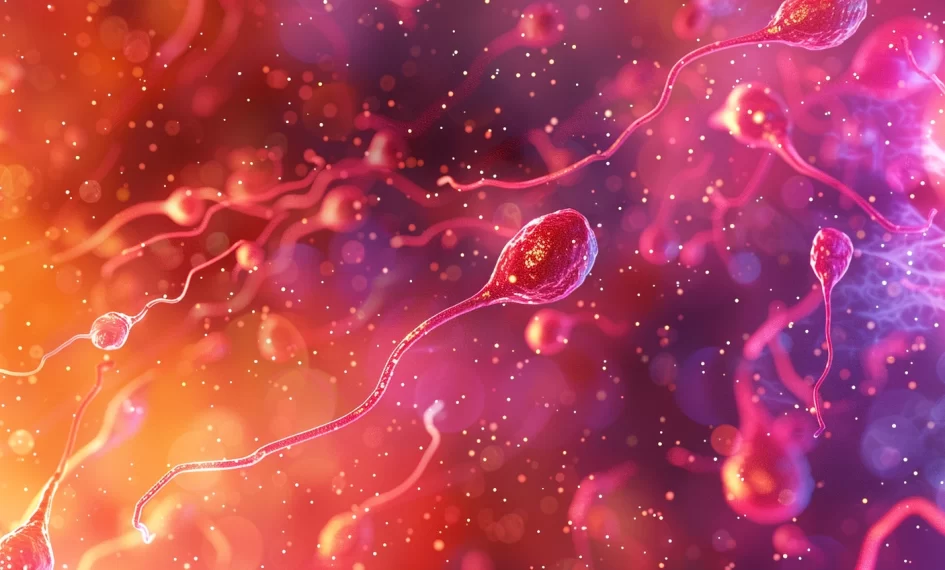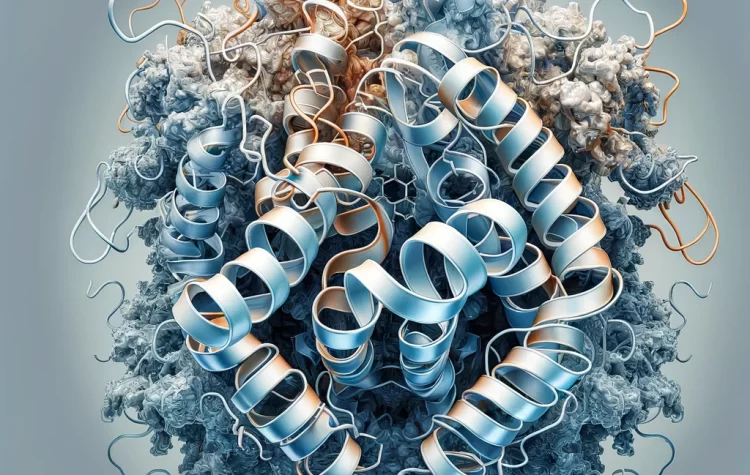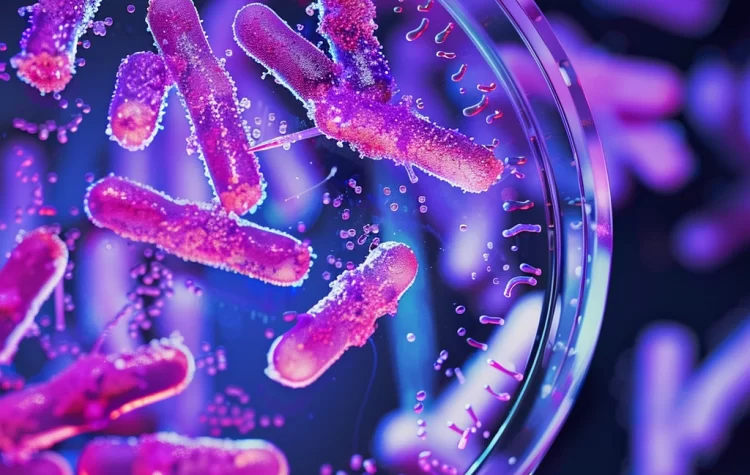Definition: A spermatozoon (plural: spermatozoa), commonly referred to as a sperm cell, is the male gamete in many sexually reproducing organisms. It is a specialized cell designed to carry the male’s genetic material to the female gamete (ovum), facilitating fertilization.
Etymology & Origin: The word ‘spermatozoon’ comes from the Greek ‘sperma,’ meaning ‘seed,’ and ‘zoon,’ meaning ‘animal,’ literally translating to ‘seed animal.’ This reflects the cell’s role in carrying life-creating material. The term was adopted into scientific usage in the 19th century to describe these reproductive cells.
Examples:
- Each spermatozoon contains half of the genetic information needed to form a new individual, making it haploid.
- Advances in microscopy in the 17th century allowed scientists to observe spermatozoa for the first time, significantly advancing our understanding of reproduction.



